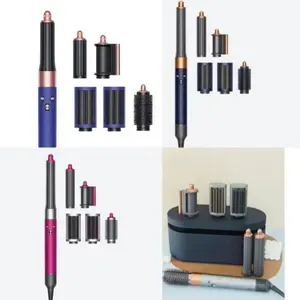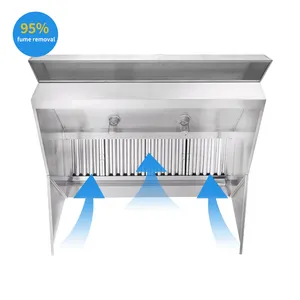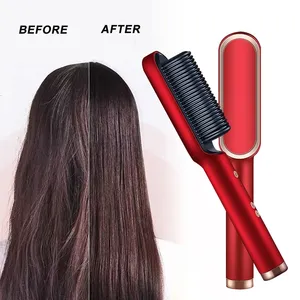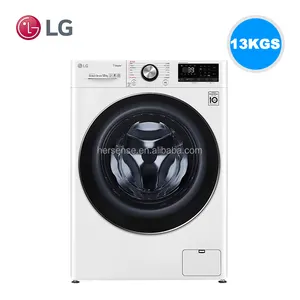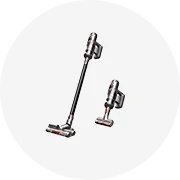Popular in your industry

























































Related Searches:


















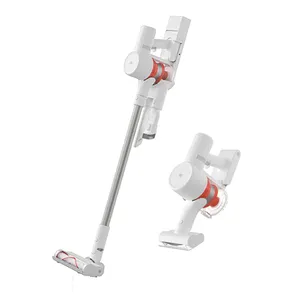





































































































Top categories
About vacuum cleaner manufacturers
Who wouldn’t want a vacuum cleaner manufacturers that will make one’s cleaning routine easier and faster? Nearly everyone wants to spend less time on necessary cleaning. Fortunately, a heavy-duty industrial vacuum cleaner is here to help. Our easy-to-use industrial backpack vacuum is very lightweight, which makes transporting it from room to room, and floor-to-floor feel like a breeze.
Thanks to its compact size, the range of commercial industrial vacuum cleaners don’t take much storage space. Another notable feature of the industrial-strength vacuum cleaner is its versatility. It can be used to clean all surfaces such as carpet, tile, laminate, and wood without having to manually change the settings.
Stainless steel wet dry vac has a large capacity that can last for several uses, so customers do not need to frequently empty the collection bin. We also have some models specifically designed for very messy working spaces such as the construction vacuum models. What they do not provide in elegance they provide in sheer thoroughness and capacity.
The industrial HEPA vacuum brings convenience to every establishment or household. With vacuum cleaner manufacturers users can clean every corner of their homes and establishment. Our vacuums’ use isn’t limited to professional settings or households either, the industrial car vacuum can be used to keep any vehicle as clean as possible.
Customers can relax in a cleaner home with a portable industrial vacuum. People feel happier when their surroundings are clean and organized. It is good for one’s mental health and overall well-being. Visit our shop for more information on wholesale vacuum cleaner manufacturers. They will leave your valued customers happy and satisfied.
